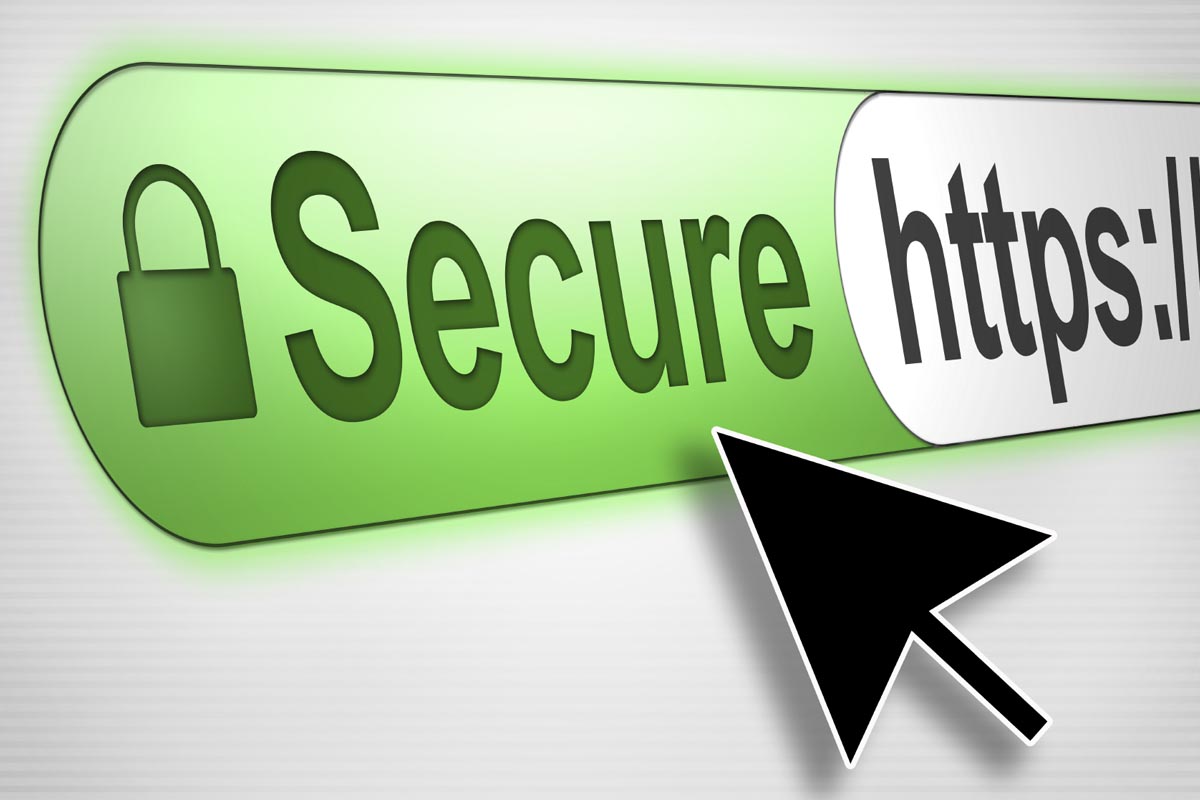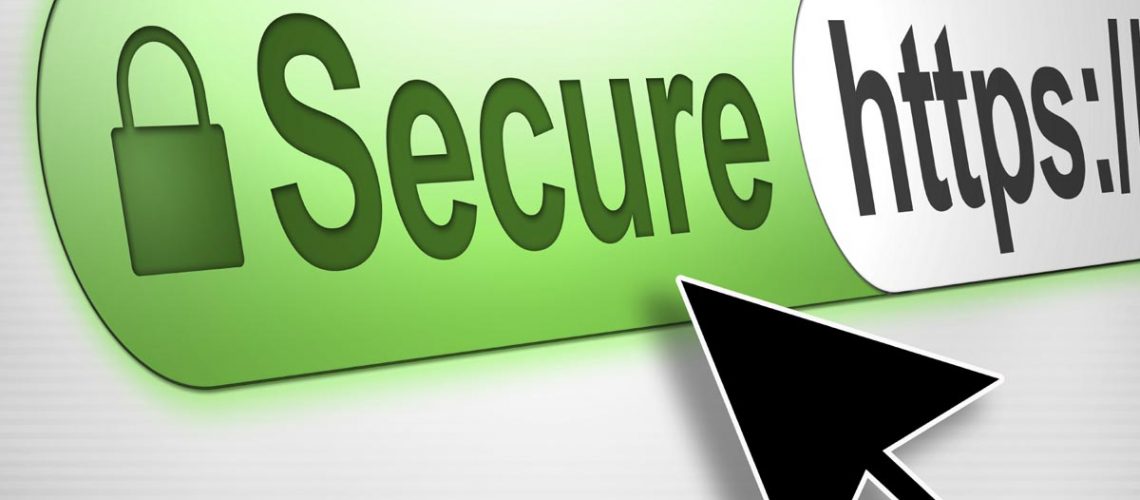 Shopping. Working. Playing. Watching. Listening. For all of this and much more, we rely on the Internet. We are a generation that is connected to the Internet 24/7.
Shopping. Working. Playing. Watching. Listening. For all of this and much more, we rely on the Internet. We are a generation that is connected to the Internet 24/7.
Cyber security is that function which ensures that you conduct all your online affairs with utmost safety and privacy. From your private identity to your financial privacy, cyber security safeguards information, which in the hands of miscreants can cost you severely.
The growing need for cyber security
The Internet is an open place for all. It has standards, some of which are based on open protocols which makes it vulnerable to hacking and other threats. But we cannot shut down Internet either. It’s usage has grown with an aggression that cannot be compared.
Today, InternetLiveStats estimates at least 40% of the world’s population to have Internet connectivity.
Cisco estimates that by 2020, 80% of mobile traffic will source from mobile devices.
The need for cyber security is most felt today than ever before. From private sharing to financial transactions, every type of industry needs to focus on web security.
What are the types of industry that need to focus on web security?
eCommerce stores: that store customer credit card information, addresses and identity records of customers
Financial institutions: that deal with wire transfer, stock trading, banking and insurance transactions.
Enterprises: that have sensitive organizational data stored on on-cloud or on-premise servers
Social networks: Where personal photos, addresses and other user details from all over the world are stored.
Private users: Bloggers, domestic users, self-employed individuals, elderly, medical patients, etc. who use the Internet for everyday transactions.
Why should businesses invest in website security?
Customer Trust. Safety. Smooth operations. These are the 3 primary reasons why businesses must invest in website security.
As a customer what kind of website will you transact business with? One that is insecure and potentially harmful or a website that adheres to high-end security measures?
Obviously, the second right? You know your private information (including credit card information) will remain secure without falling in the hands of hackers or unauthorized personnel.
The same goes with your customers. According to GlobalSign, 85% of customers avoid insecure websites. That 85% of customers will remain your customers if you invest in cyber security.
A simple way to show that your business is serious about web security is to configure it with a SSL certificate. Depending on the business need, you can opt for a Single Domain SSL certificate or an Organization Validation (OV) SSL certificate.
A single domain SSL certificate will secure your one of your chosen main domain. It is best suited for small and medium range businesses and users.
An Extended Validation (EV) SSL certificate on the other hand, establishes the veracity of your ownership. It comes with a green HTTPS URL prefix, green address bar and a padlock symbol. When clicked on the padlock symbol, a pop up showing permissions granted or denied to the website will be shown.
How well does it web security serve business goals?
Obviously, you are investing in something, you expect it to yield returns. Web security is no exception to that.
If done right, website security can give a tremendous boost to your business volumes.
Build customer trust
Customers consider trust as the first signal to buy from an online store. Displaying trust seals and security standards can convince customers that their credit card information and other private details are secure by all means.
Boosts search engine ranking
Google, the world’s most used search engine, ranks websites with HTTPS encryption higher amidst search results. Even if your website adheres to all SEO rules, failing to arm it with security can drag down the search engine ranking. Best way out = Configure a SSL certificate.
Ensures smooth operations
When you have steady access to data and there is no breach of defense, there is harmony in operations. Transactions can be carried out at Godspeed without having to fear of any information being lost or taken over by data thieves.
Tips to secure your business website from security threats
Encrypt all your wireless access points
A wide majority of wireless access points are left open without proper encryption. This makes them prone to be hacked by anyone with a remote computer and hacking prowess. A simple step like WPA2 Encryption can ensure that your website traffic and sensitive traffic exchanged through it is kept immune to hacking.
Protect Wi-Fi access
If you are using a wireless router for Internet connectivity make sure you protect the access credentials immediately. Further, make it a point to put your Wi-Fi or LAN on DMZ (Demilitarized Zone). DMZ will ensure that internal systems are kept secure in case of server breakdown or breach.
Take regular off-site backups
Your customer fields records, historical business information, contracts and every other piece of valuable information needs an offline safe storage. Make sure you don’t make the mistake of opting for DVDs or thumb drives, they can be easily lost. Instead, opt for a paid cloud storage solution or on-prem data center which will double up as a safety vault for your precious data.
Establish physical security
If you thought data loss happened only through online means, be informed that theft of laptops, pen drives, mobile phones and other portable devices can also lead to data loss. Many instances where portable devices containing sensitive organizational information being stolen from employees have been reported in the Internet.
In the End
From the above, there is no denial that website security is of utmost importance to business, big or small. Every business belonging to every industry possible must invest time and resources in security measures to keep their data and equipment safe. The provided tips will also help keep the data in safe storage for regular operations.
What are you doing to keep your business website safe and secure? Is there anything more that you do to ensure security of your business website. Let us know.
